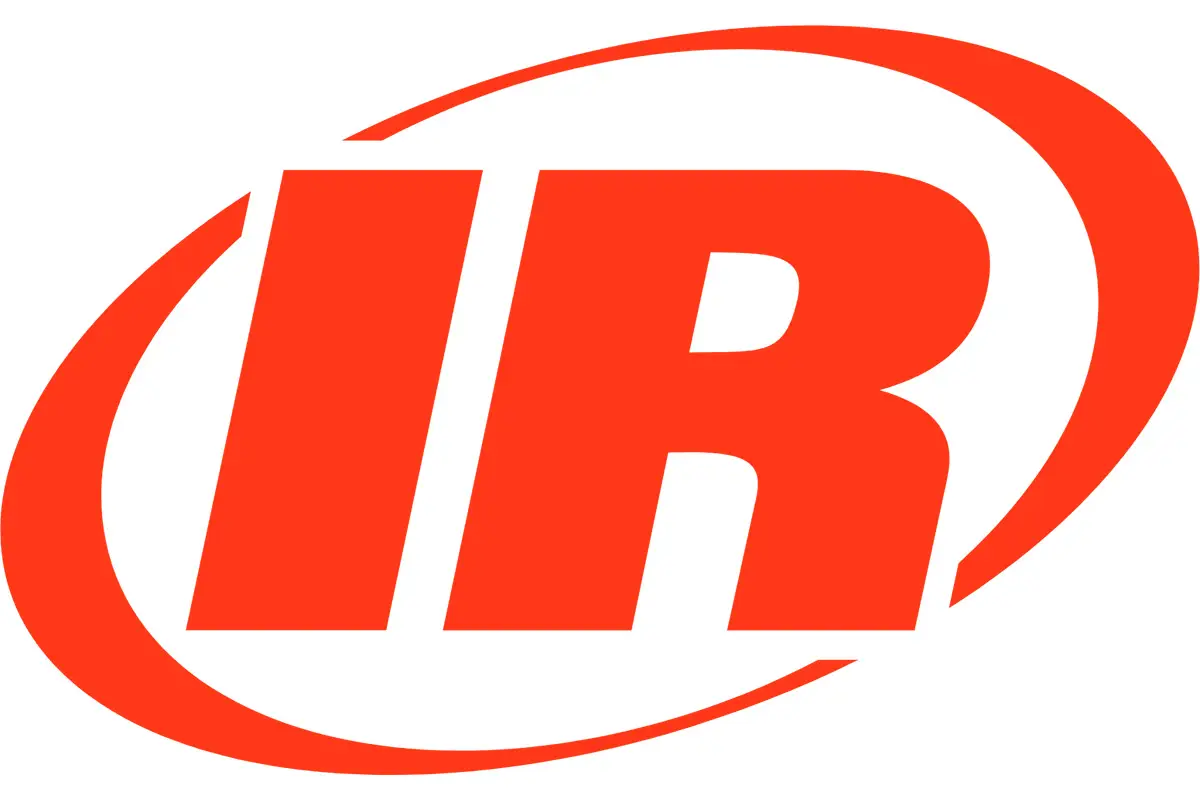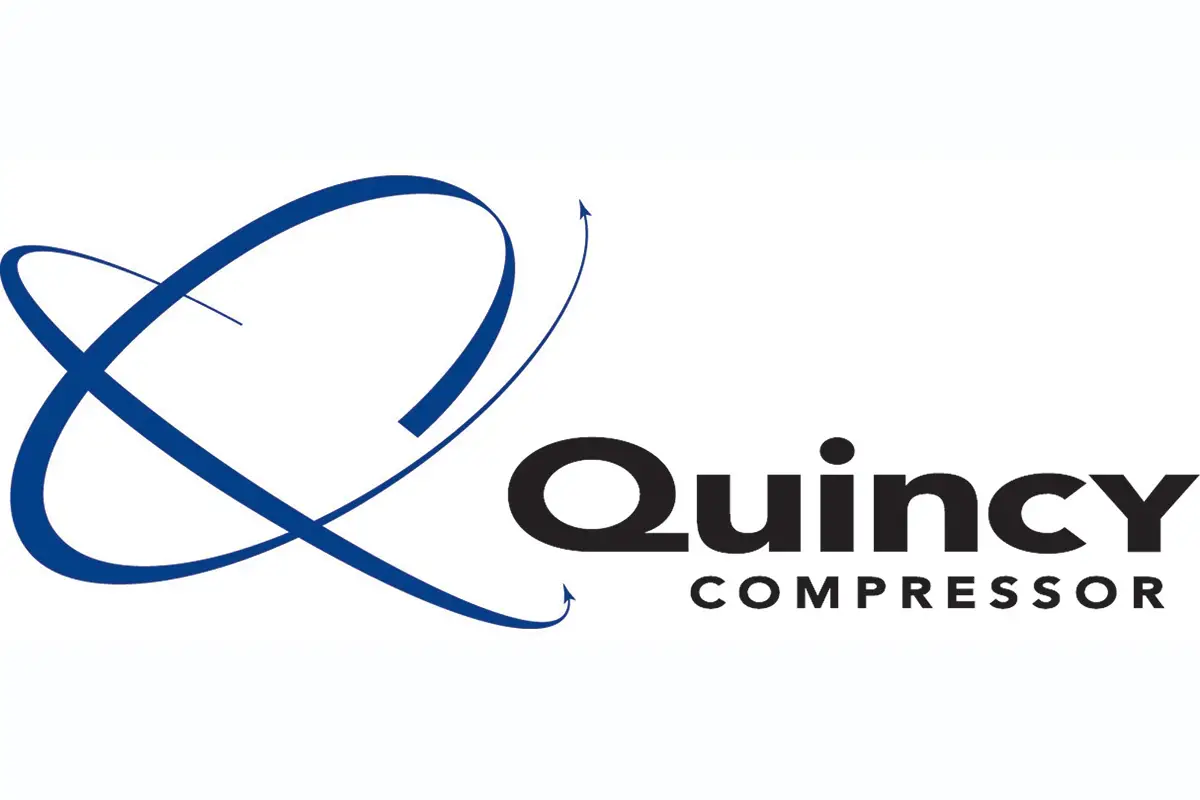Introduction
When it comes to power tools, Makita is a name that rings familiar in workshops, factories, and construction sites across the globe. Founded in 1915 in Nagoya, Japan, Makita started as an electric motor repair company. Today, it has grown into one of the world’s leading power tool manufacturers, offering an extensive range of products – from cordless drills to demolition hammers.
Makita’s reputation is built on Japanese engineering, innovative battery technology, and a strong global presence. But with the rise of fierce competitors like Bosch, DeWalt, and Milwaukee, where does Makita stand in 2025? Let’s dive in.
Website: https://www.makita.com/
Makita at a Glance
- Founded: 1915, Nagoya, Japan
- Headquarters: Anjō, Japan
- Core Products: Cordless power tools, drills, saws, grinders, garden tools, and accessories
- Global Reach: Over 40 subsidiaries and sales in more than 160 countries
- Revenue: Approx. ¥700 billion (about $5 billion USD) annually
- Employees: Around 20,000 worldwide
- Unique Selling Point: Industry leader in cordless and battery-powered tools with strong R&D investment
What Makes Makita Special?
1. Cordless Innovation
Makita is one of the pioneers of lithium-ion battery technology in power tools. Their 18V and 40V Max XGT systems have revolutionized job sites, offering pro-level performance without cords.
2. Wide Product Range
With more than 1,000 products, Makita covers everything from DIY drills to heavy-duty demolition equipment. This makes them a go-to brand for both professionals and hobbyists.
3. Japanese Engineering Quality
Makita is known for designing durable, ergonomic, and efficient tools. Their focus on balance and low vibration ensures better handling and less operator fatigue.
4. Global Manufacturing & Service Network
Makita operates production plants in Japan, China, Germany, the USA, the UK, Thailand, and Brazil. This wide network ensures product availability and after-sales service in nearly every corner of the globe.
Downsides & Criticisms
Despite its strong reputation, Makita has some challenges worth noting:
- Premium Price Tag: Similar to Stihl, Makita tools often cost more than competitor brands like Ryobi or Black+Decker, making them less attractive to casual DIY users.
- Battery Compatibility Issues: While their 18V system is widely used, the newer 40V Max line is not cross-compatible, frustrating some long-term customers.
- Heavy Tools in Certain Categories: Some of their industrial-grade cordless tools are bulkier than competitors, impacting maneuverability.
- Less Aggressive Marketing in the West: Compared to DeWalt and Milwaukee, Makita sometimes struggles with brand visibility, especially in North America.
Makita’s Market Position
Makita is considered a top three global power tool brand, consistently competing with Bosch and DeWalt. Its strength lies in cordless innovation and a balanced mix of professional and consumer-grade tools.
Interestingly, Makita remains independent and Japan-based, unlike some rivals owned by larger corporations. This allows them to maintain a strong engineering focus and reinvest heavily in R&D rather than only chasing quarterly profits.
Funny Fact
In the early 1950s, Makita was still mostly a motor repair company. Their first power tool was actually a portable electric planer – not a drill or saw, which surprises many people today.
Lesser-Known Fact
Makita operates production facilities on every continent except Africa, a rare achievement in the power tool industry, ensuring faster delivery and better local support.
Conclusion
Makita has earned its place as one of the most trusted names in power tools. With Japanese engineering precision, a vast global network, and cutting-edge battery technology, it continues to serve both professionals and hobbyists.
That said, higher prices, some compatibility challenges, and stiffer competition from aggressive brands like Milwaukee mean Makita must keep innovating to stay ahead.
For those who value long-lasting quality and advanced cordless solutions, Makita is a brand that rarely disappoints.
💬 Your Turn: Do you prefer Makita over DeWalt, Bosch, or Milwaukee? Share your experiences in the comments – your input helps others choose the right tools for their needs!





